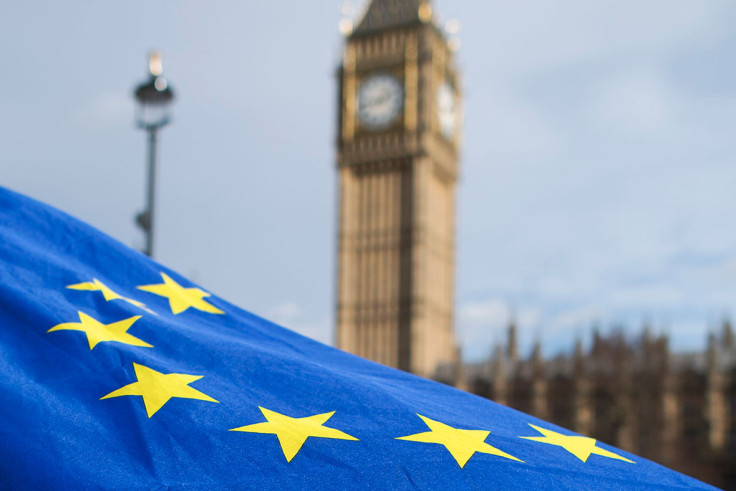Tories mull Brexit benefit ban for EU migrants – report
The PM ordered ministers make plans for EU nationals living in the UK and a visa regime
Prime Minister Theresa May is reported to have ordered ministers to draw up plans for existing and new EU nationals in the UK after it leaves the European Union. One model touted under new proposals would see limited access to benefits for new arrivals.
The report comes days after Brexit secretary David Davis announced there were unlikely to be restrictions on low-skilled workers entering the UK from the EU for some time. He said: "It will be years and years before we get British citizens to do those jobs. Don't expect the door will suddenly shut. It won't."
With low-skilled workers commonly thought of the migrants fuelling concern about immigration in working class communities, the new proposals come as the UK government seeks to deal with criticism from both Leave and Remain sides of the debate.
According to the report by The Times, the government hoped to "take political heat" out of immigration by asking an independent body to advise on the numbers of visas that should be issued to new immigrants.
One model referred to in the report would see five-year working visas awarded to those with jobs, but not granting eligibility for in-work benefits such as Working Tax Credits.
At the same time, the government would put resources into training British workers in key industries which are heavily reliant on migrant workers, in order to reduce the numbers of net immigration to "tens of thousands" from the 273,000 in the last year to September 2016.
A source is quoted by The Times as saying: "The plan is to stick to the tens of thousands pledge into the next parliament, but set out a pathway in which we can get it down by training British workers.
"The plan would be to issue visas sector by sector. There would be an independent body analysing what the pharmaceutical industry or the social care sector needs."
Official statistics show that the sector which has the highest proportion of EU nationals working within it is "Households as employers", at 26.8% of that sector. A large proportion could also be found in accommodation and food services as well as manufacturing, at 14.2% and 10.2% respectively.
Theresa May is hoping to trigger Article 50 to begin the process of the UK's divorce from the EU around mid-March. However, the Brexit Bill having been approved by the House of Commons must first gain Royal Assent and potentially weather a House of Lords revolt, ahead of that.

© Copyright IBTimes 2025. All rights reserved.






















